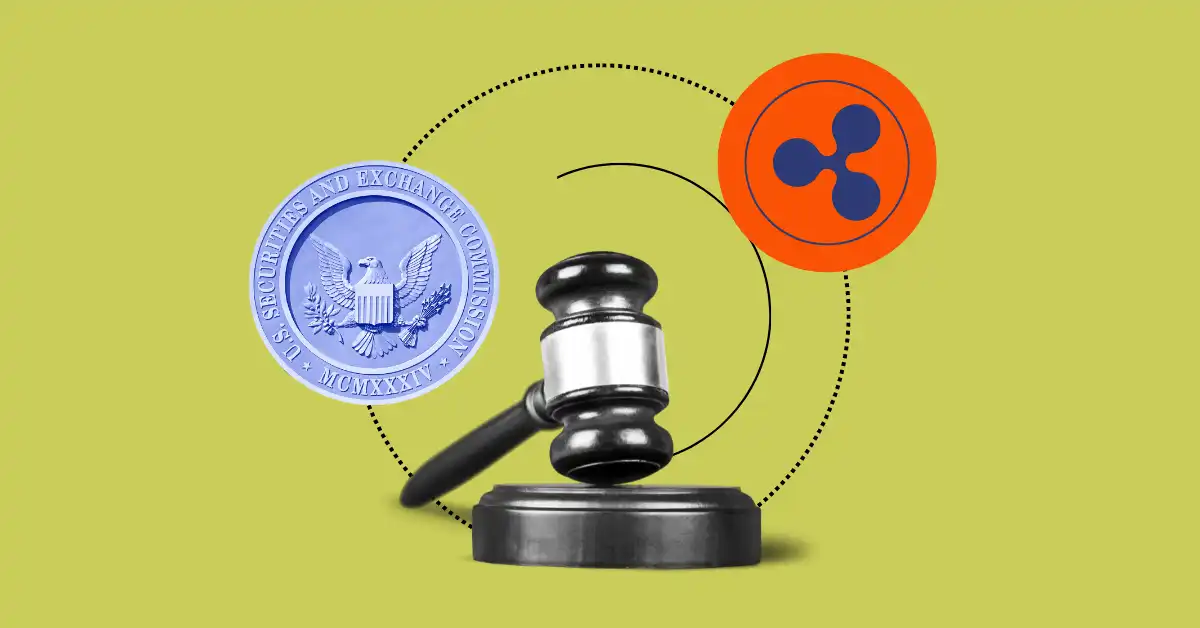Ripple, the San Francisco-based blockchain company, is nearing the conclusion of its prolonged legal dispute with the US Securities and Exchange Commission. According to CEO Brand Garlinghouse, the end is in sight, with a humorous reference to September 21 as ‘the end of summer.’
The Ongoing Battle Between Ripple and SEC
Ripple’s conflict with the SEC revolves around classifying and selling its cryptocurrency, XRP. The SEC alleges that Ripple’s sale of XRP constitutes an unregistered securities offering and seeks fines and penalties amounting to $2 billion. U.S. District Judge Analisa Torres previously ruled that Ripple’s sale of XRP worth $728.9 million to sophisticated investors was unlawful.
Ripple’s Stance and Actions on the SEC Legal Battle
Ripple maintains that XRP is a cryptocurrency, not a security, and has been vigorously defending this position. Recently, the company filed a motion to seal certain documents to protect sensitive business information. While the SEC agreed to some of these requests, it contested others.
Chief Technology Officer David Schwartz emphasised that Ripple’s global business remains robust despite the US regulatory challenges. He highlighted the more manageable regulatory environment outside the US as a positive factor for the company.
Impact the SEC Legal Battle on XRP and the Crypto Market
The outcome of this tug-of-war between the SEC and the blockchain company could significantly impact not only Ripple but the broader cryptocurrency market. Regulatory clarity for XRP might set a precedent for other cryptocurrencies, influencing future legal and regulatory approaches.

Currently, XRP is trading at $0.48, down from $0.62 at the beginning of the year. The cryptocurrency has experienced significant volatility, with its price peaking at $0.72 in mid-March before declining again.
As Ripple approaches the final stages of its legal battle with the SEC, its implications are substantial for the company and the cryptocurrency market. The resolution of this case could pave the way for clearer regulatory guidelines, potentially benefiting the entire Web3, Blockchain and Crypto sector.
Credit: Source link
































